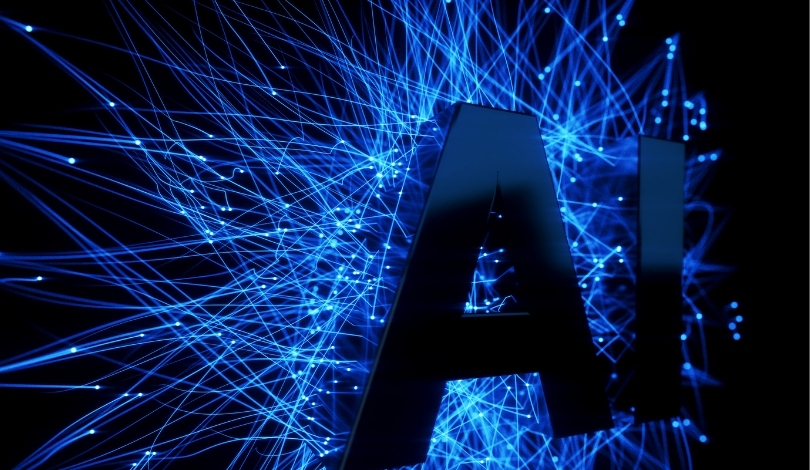Meta is intensifying its commitment to artificial intelligence with the creation of Meta Superintelligence Labs (MSL), reflecting an assertive hiring campaign across the tech sector. The recruitment drive has drawn significant attention for its strategy of targeting professionals from major industry peers such as OpenAI, Google DeepMind, and Anthropic. Experts in the field now see competition for leading AI minds becoming more visible, with companies increasingly focusing on retaining personnel with experience on major projects like GPT-4o and ChatGPT. Industry observers are watching closely to see how these personnel shifts may affect the future trajectory of AI research and competition, as well as Meta’s ambitions to influence the direction of superintelligent systems.
Tech organizations have previously offered stock incentives and bonuses to retain top AI talent, but the scale of Meta’s latest offers, reportedly up to $100 million, stands out against prior practice. Last year, AI talent moved between firms primarily through new startup ventures or planned spinoffs, rather than large-scale talent acquisitions by dominant players. Meta’s recent concentration of recruits from direct competitors and expanded financial incentives indicate an escalation in industry rivalry. At the same time, other firms like OpenAI have responded by reviewing their internal compensation structure, a notable shift from previous years where such responses were less public and more reserved.
Who Is Behind the Formation of MSL?
Alexandr Wang will serve as Meta’s chief AI officer and lead MSL alongside Nat Friedman. Wang recently left Scale AI after Meta’s $14 billion investment in the data-labelling firm and announced his new role on social media, highlighting the breadth of experience among recent hires. These appointments are intended to bring leadership with deep technical backgrounds and hands-on experience in building advanced AI systems, supporting Meta’s goal to pursue projects aimed at developing what is referred to as “superintelligence.”
Which Experts Are Joining Meta’s AI Efforts?
Among the hires are individuals from OpenAI, such as Shengjia Zhao, a co-creator of ChatGPT; Trapit Bansal, specializing in reinforcement learning; and others who have contributed to significant AI releases like o3 and GPT-4o. Former Google DeepMind staff, including Jack Rae and Pei Sun, and Anthropic’s Joel Pobar, are also part of the new team. These professionals bring a variety of expertise, having worked on voice recognition, image generation, and reinforcement learning methods in state-of-the-art AI models.
What Has Been the Response From Rival Companies?
OpenAI, which has seen several researchers join Meta, is reportedly reevaluating its compensation packages to retain remaining staff. CEO Sam Altman acknowledged the departures, noting in internal messages that, while notable hires have been made by Meta, the core of OpenAI’s talent base has not been diminished. Some high-profile hires, including Lucas Beyer and colleagues, have postponed their start at Meta due to technical details. OpenAI leadership is seeking to reassure its team internally, with an understanding that poaching and aggressive recruitment have become routine in the current landscape.
“Meta has gotten a few great people for sure, but on the whole, it is hard to overstate how much they didn’t get their top people and had to go quite far down their list,”
Altman commented to OpenAI employees.
The ongoing talent war among AI leaders suggests a competitive environment where skilled research personnel and leadership are pivotal assets for organizations aspiring to develop advanced AI models. For readers interested in the future direction and stability of leading AI companies, these trends highlight the importance of agile compensation strategies and the retention of expertise. Industry analysts recommend monitoring internal culture and team cohesion, as movement of personnel can influence both research continuity and innovation pace. As AI development becomes more strategic for technology brands such as Meta, OpenAI, and Google DeepMind, competing for specialized talent is likely to remain intense, directly impacting product direction and the broader ecosystem of artificial intelligence.










